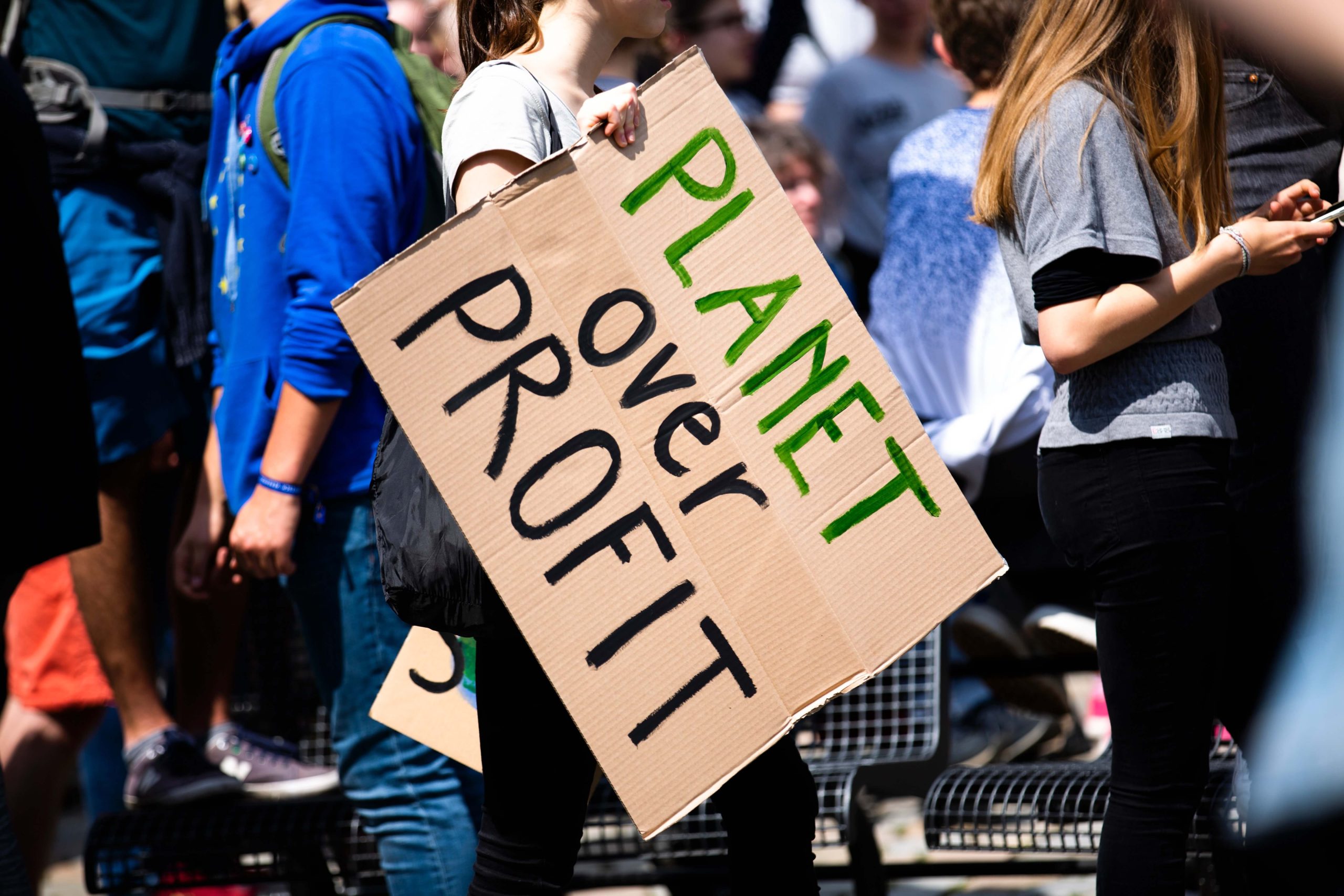
It comes as no surprise that the very first day of COP28 saw progress on the Loss & Damage Fund (LDF), with several Global North nations and the EU pledging around $600M. But while some may hope to frame this early visible progress as a solid success for COP and climate justice, for campaigning groups, this is only the start.
In the words of the president of the World Bank, which is hosting the fund, ‘$420mn is not going to take us very far’, and activist groups will be keen to ensure that the fund is not an exercise in window dressing.
After COP27, NGOs had hailed the establishment of the Loss & Damage Fund as a success, but immediately expressed concerns around operationalisation. Who will contribute? What will be the corpus? How will it be managed and distributed?
Campaigning on this issue has continued to build since, and those countries which have been firmly in the activist spotlight on this issue were the first to pledge, with contributions from Germany, the UK, US, and Japan, among others.
But activists don’t want early-industrialised countries like Germany, the UK and the US, to simply pay in as much as they see fit. They want a robust financing structure to ensure durable support for at-risk countries.
And they don’t just want nations to pay in. NGOs are pressuring national governments to force ‘polluting’ companies and industries to make meaningful contributions. NGOs frame this as a justice issue – they argue that these companies have profited from a model which drives climate change and should be held directly responsible for mitigating its externalities.
Then there’s the management. Groups have expressed deep concern around the role of the World Bank, citing the history of the bank as a lending institution and stressing the need for a different, grant-based approach. Activist have claimed that these concerns are shared by LDCs and small island states – prime candidates for the Loss & Damage Fund.
Climate justice is a rising theme in campaigning. Activists have not just raised the pressure on loss and damage over the past year: A simultaneous increase in campaigns calling for a Just Transition has been observed, with attention focused on protection of the most vulnerable i.e. workers, minorities and LDCs. And it’s not just stations called on to act here, but businesses too.
These issues have the potential to mature into reputational and regulatory risks. But if caught early, emerging risks can become opportunities. Activist campaigning can provide insight at this early stage and facilitate proactive engagement by responsible businesses. This keeps you ahead of the curve.
What our clients say
What our
clients say
“In our experience, SIGWATCH is one of the few sources of ESG data we can absolutely trust to be reliable.”
“Our company is based in Japan. Most employees are Japanese and we don’t really know what is happening around the world. SIGWATCH gives us visibility of the global ESG issues and trends we need to have on our radar.”
“With SIGWATCH, we’re able to absorb NGO data in an awesome way that
simply wouldn’t be possible otherwise. We can hear the NGOs’ voice, to better
strategize and get ahead of trending issues.”
“With social listening, we’re limited to knowing what people are saying only about OECD. With SIGWATCH, we see not only what is being said about us, but also what is being said about everyone else.”
“A lot is said and written about sustainability and ESG every day but no one,
apart from SIGWATCH, provides the big picture, SIGWATCH offers a comprehensive overview of what’s happening in the corporate sustainability
world rather than just a narrow snapshot.”
“SIGWATCH is a good source to show that NGOs are watching us and watching our clients, and we definitely need to be aware of the issues they are bringing up.”

